Sara Khan says:
| Britain’s most precious asset is our diverse and cohesive democracy. Built on centuries of hard‑won rights, our democratic freedoms form the bedrock of our nation. However, it is a mistake to assume the endeavour towards building an inclusive and cohesive society is accomplished. Advancing and protecting our plural democracy requires constant vigilance. -- The Khan Review, March 2024 |
Citizenship was introduced into the National Curriculum in England in September 2002. It gave all pupils aged 11 to 16 an entitlement to education citizenship. The 2013 curriculum specification for Citizenship defines the ‘purpose of study’ thus:
| A high-quality citizenship education helps to provide pupils with knowledge, skills and understanding to prepare them to play a full and active part in society. In particular, citizenship education should foster pupils’ keen awareness and understanding of democracy, government and how laws are made and upheld. Teaching should equip pupils with the skills and knowledge to explore political and social issues critically, to weigh evidence, debate and make reasoned arguments. It should also prepare pupils to take their place in society as responsible citizens. |
The key stage 4 programme also expects children to be able to make persuasive arguments and substantiate their conclusions, experiencing and evaluating different ways that citizens can act together to solve problems and contribute to society. There’s a GCSE, but if students don’t do it, Citizenship must be embedded in Personal, Social, Health and Citizenship education (PSHCE) or some other experiences. That’s what we do at Tallis.
Only five universities offer PGCE Citizenship training courses and there are few specialist Cz teachers.
That’s only one aspect, though. Fundamental British Values (FBV) above, were given to schools in promoting-british-values-in-schools 2014. Schools have to promote them and Ofsted inspect ‘em.
They are, in their entirety,
- Mutual respect for and tolerance of those with different faiths and without faith
- The Rule of Law
- Democracy
- Individual Liberty
While the National Curriculum isn’t binding on academies and free schools (80% of secondary schools),Ofsted still look at it, though under ‘Personal Development’. Doing it this way rather than under ‘Quality of Education’ means that inspectors are judging children’s soft skills rather than knowledge. They evaluate whether pupils become responsible, respectful and active citizens who are able to play their part and become actively involved in public life as adults. They want to see if children know the FBVs, and if the school promotes equality of opportunity so that all pupils can thrive together, understanding that difference is a positive, not a negative, and that individual characteristics make people unique.
The FBV were established at a similar time to Prevent, part of the national anti-terrorism strategy Contest, which was originally developed in 2003 as a response to 9/11. The Prevent Duty requires all education providers ‘to help prevent the risk of people becoming terrorists or supporting terrorism. This includes safeguarding learners from extremist ideologies and radicalisation.
Prevent has been viewed with some concern. Its appearance after 9/11 lent it a particular political tone which, allied with police involvement, was a new area for schools. Perhaps this was the reasons for the setting-up of an associated a website in 2016 called educate against hate.
The Khan Review observes:
| In previous reports, there has understandably been a focus on identifying the ‘shared values’ that bind us together as a nation. This has often been a hotly contested topic and continues to generate debate and division. At the same time however, the teaching of such values have often been viewed positively within schools. The duty placed on schools to promote fundamental British values including democracy, the rule of law, individual liberty and mutual respect and tolerance of those with different faiths and belief have been widely embraced. |
- In the classroom:
- Work on classroom ground rules and processes
- A focus on oracy and quality discussion
- Properly done group work in which children learn how to express views, find agreement, disagree cordially, persuade and resist oppression, injustice and prejudice (though this is very hard to do and has fallen out of favour in recent years).
- Analysing and interpreting information including the veracity of statistics and news
- Specific teaching on freedom of speech and what that means
- Discussing current affairs – from A level Gov and Pol to watching Newsround in tutor time in year 7.
- Whole-school:
- Student voice in school or year group councils
- The opportunity to become activists and allies on particular issues
- Mock elections (with or without compulsory secret voting)
- Debate training and competitions
- Student leadership opportunities
- Leadership training using political simulations such as World Peace Game
- Compulsory representation such as Tallis’sJury Service
Most schools have a motto which might help such work: ours of Education to understand the world and change it for the better, for example, requires students to be educated in active democracy.
So that’s the background.
The Khan Review made some recommendations for the Department for Education. They should:
- Put forward legislation that requires protests to be at least 150m from school gates (with the exception of industrial action pickets). This is a reaction to a very challenging series of incidents in Bradford.
- Establish a Cohesion and Conflict Unit which:
| Brings together existing advice to schools such as the teaching of fundamental British values, dealing with political impartiality and others, while also providing clearer guidance and resources on other areas of conflict including when protected characteristics conflict and other controversial issues. The unit should issue guidance, training materials and resources to support schools in teaching what it means to live in a diverse democracy, how to manage opposing and different opinions, how to debate well and the importance of critical thinking. |
- This unit should support schools and teachers when being threatened or harassed, including immediate support for ‘flashpoint incidents’. Data on these should be collected. It should also collect cohesion data to assess the progress of key indicators such as segregation – ethnic and other – and other relevant issues. A new Office for Social Coherence and Democratic Resilience (OSCDR) would ensure this.Hmmmm.
The current mishmash is the parent of many problems and confusions.
1. Democracy and voting
If democratic processes are taught under a personal development banner in a country where voting isn’t compulsory, there’s a risk of their seeming optional in adult life, for people who like that kind of thing. Do all teachers vote? Should that be a clear expectation of public service?
2. Democracy and character education
Schools espouse and advocate character traits, but they are often personal, such as ‘hardworking’, ‘honest’ and ‘respectful’. Ofsted makes it possible for character to be defined without reference to the common good. Unless schools are explicit about the practical outcomes of fairness, decision-making, kindness and reciprocity, for example, and the purpose of voting, students may be left with an entirely solipsistic worldview (already a feature of adolescence) in which active democracy is unimportant.
3. Democracy and achievement
Schools entirely focused on academic achievement may wittingly or unwittingly focus on competitive GCSE or university entrance outcomes. This does not build up an understanding of the value of democratic life in co-operative communities.
4. Democracy and behaviour
Even the most liberal schools are not democracies. As very strict behaviour management becomes more popular (elsewhere), adolescents may be forgiven for assuming that there is no role for their thoughts and views, which may carry on into adult life.
5. Democracy in the news
Children are consumers of social media in a way that few formerly consumed print media. The example set by politicians is critically important to children’s understanding of what makes for a healthy democracy. The decline of local news media and the underfunding of local government make this necessarily dull but vital foundation of democracy seem arcane and unattractive.
So what to do? As democracy decays, schools have to teach to save it. This needs to be factual and preparatory (‘how to vote’) as well as focused on collaborative soft skills. Sadly, unless Citizenship is made compulsory or its content inspected properly, this is unlikely. The Khan Review doesn’t cover this.
If I was asked for a Civics Manifesto (which, inexplicably, no one did,) I’d suggest:
- making the Citizenship national curriculum programme compulsory in all schools in KS3 and expect that all students are offered it as an option as well as its content being embedded in KS4.
- enabling this by adjusting the accountability measures to force the issue by including Cz as an EBacc alternative to History or Geography. The content is academic and serious. (as long as the EBacc zombies on, of course)
Daniel Chandler’s fabulous book Free and Equal covers this much better, if you fancy a long read.
So, if you’re ever stuck in a lift with someone who asks you what schools are doing about the state of the world, do tell them this. Of course, if we had a national understanding of what schools are for, these problems might be solved. Ask them to work on that, then send them to me.
Can schools save democracy? It’s important to think we can.
CR
25.4.24

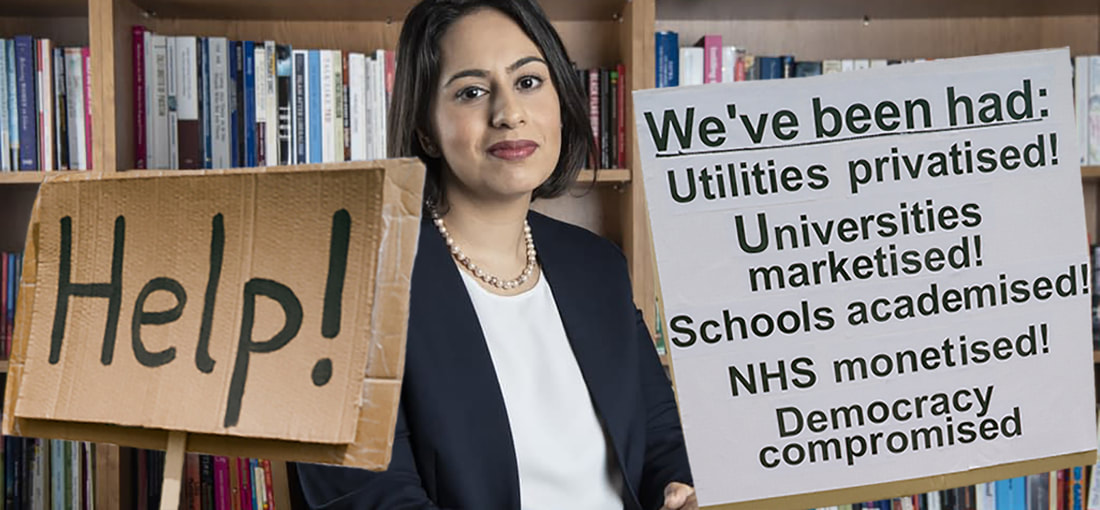
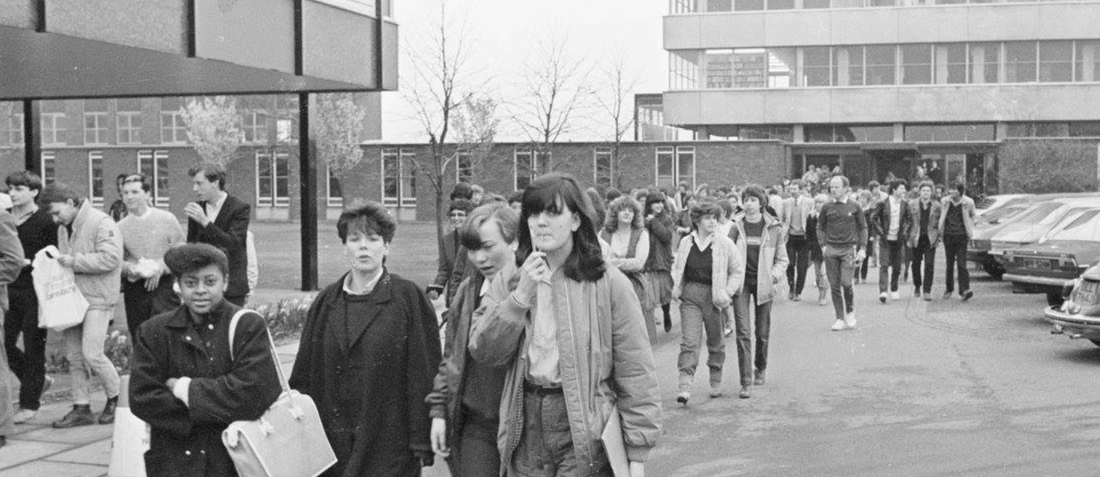

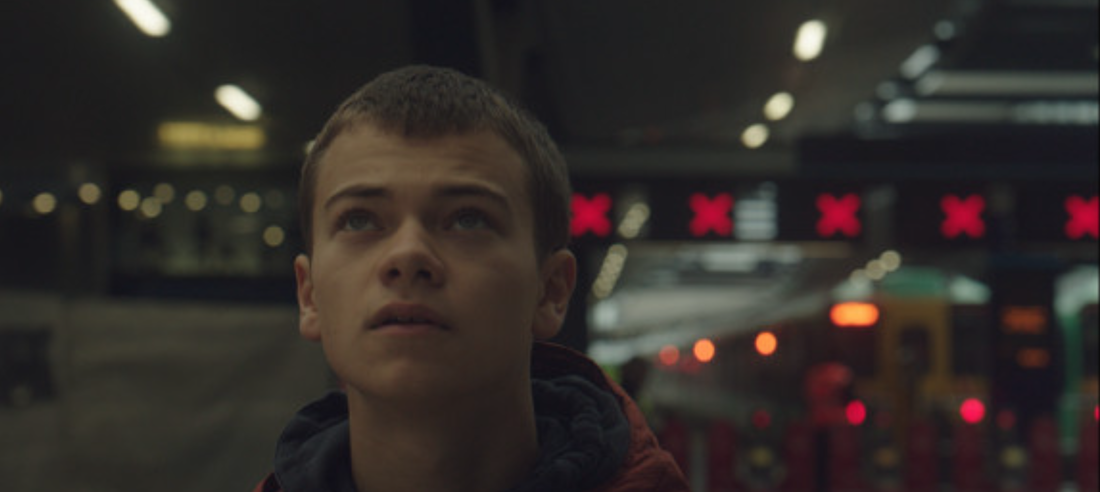
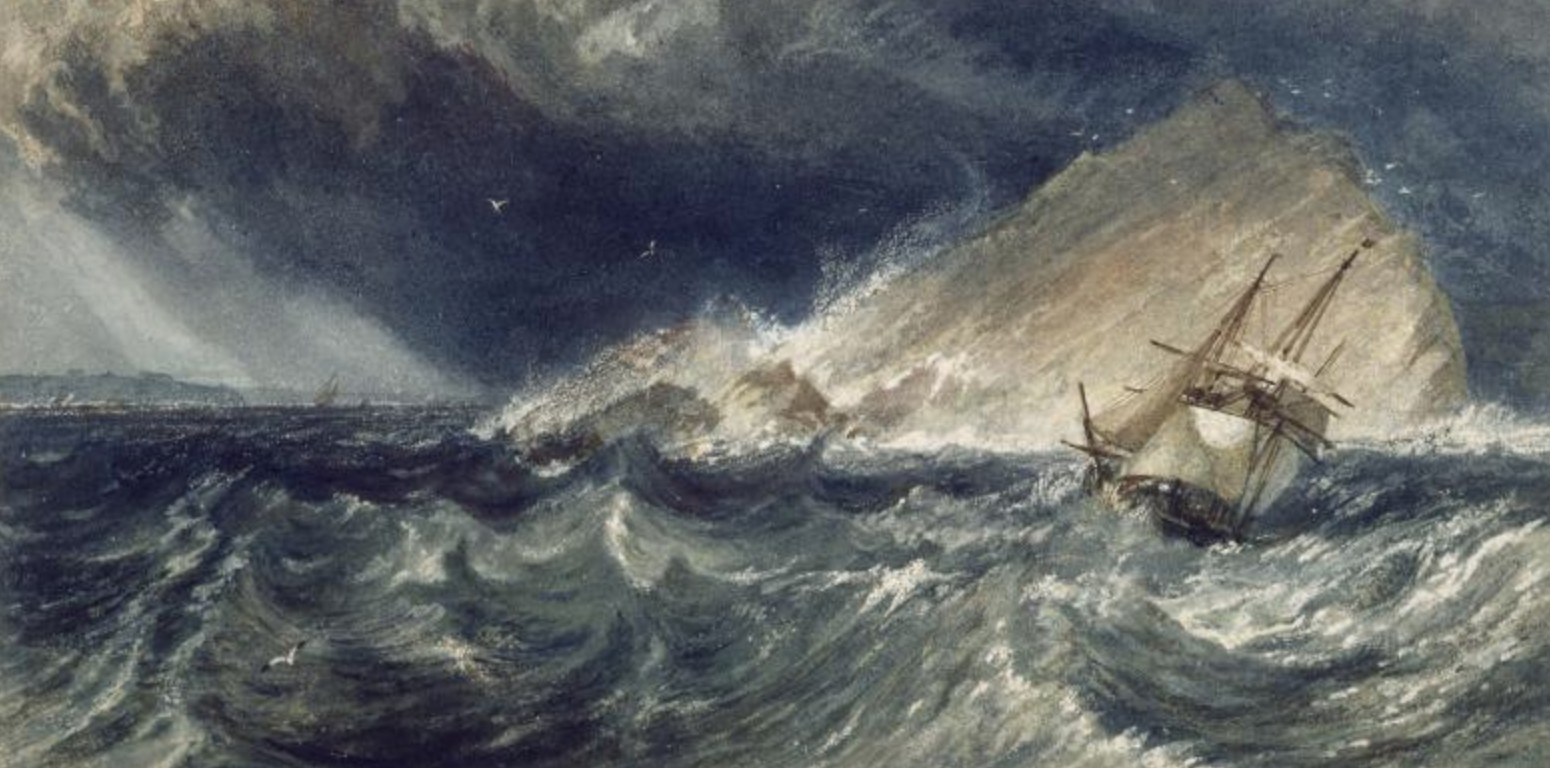
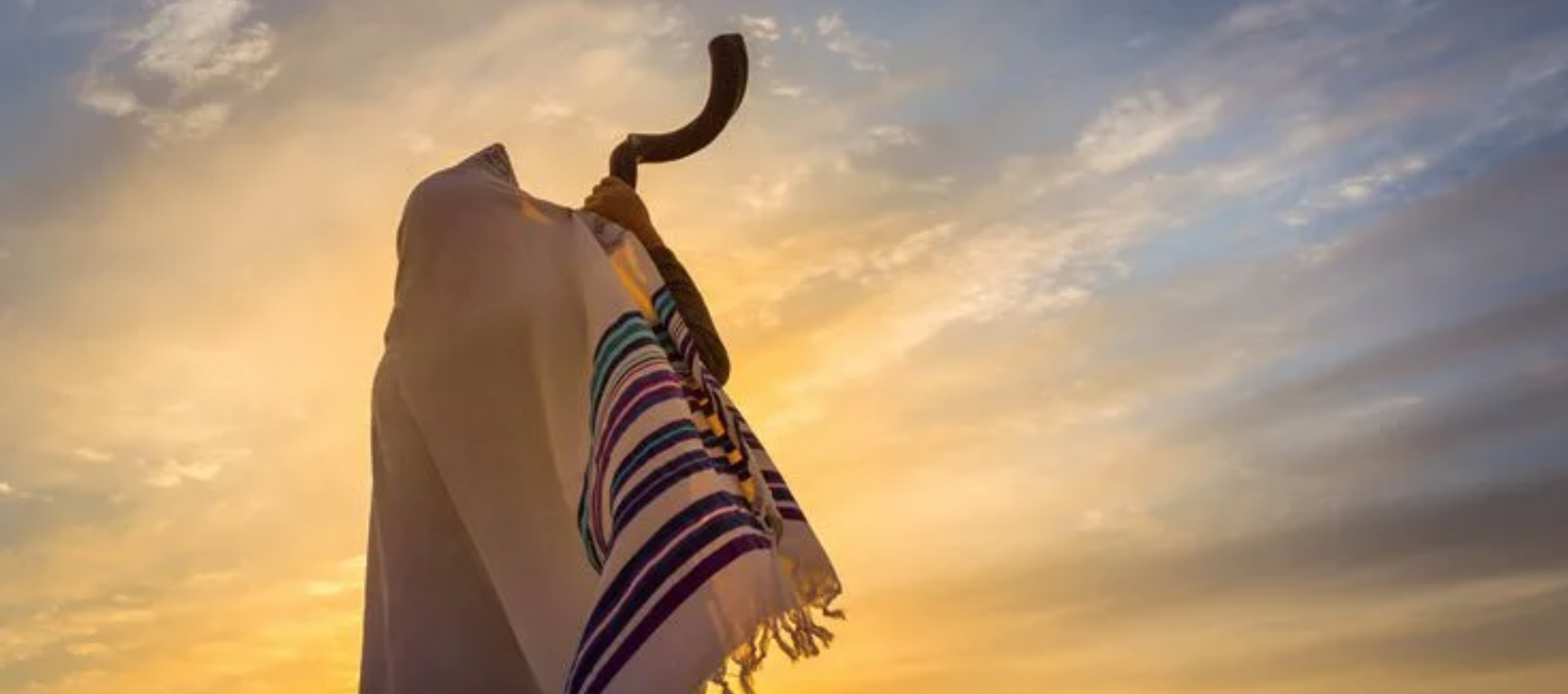
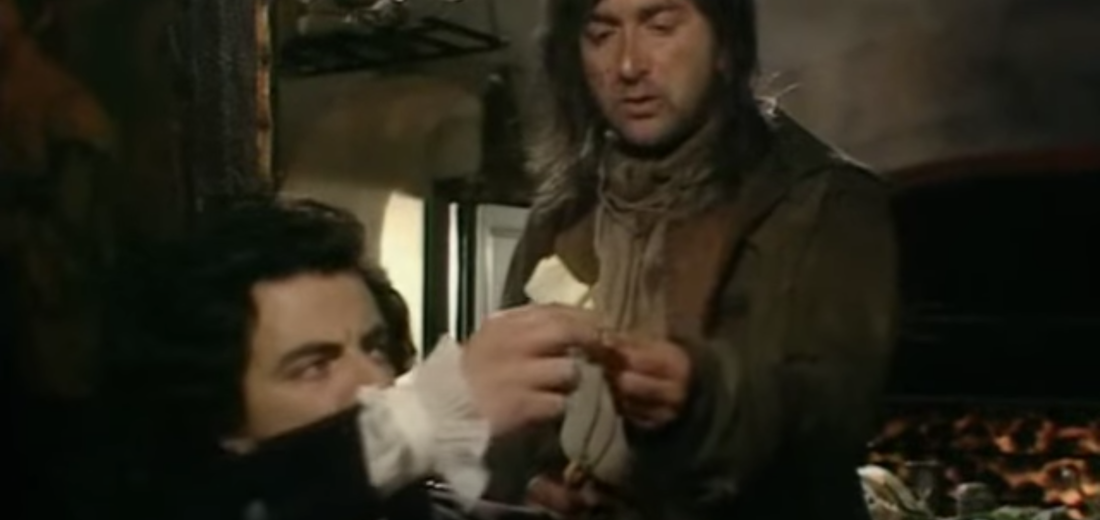

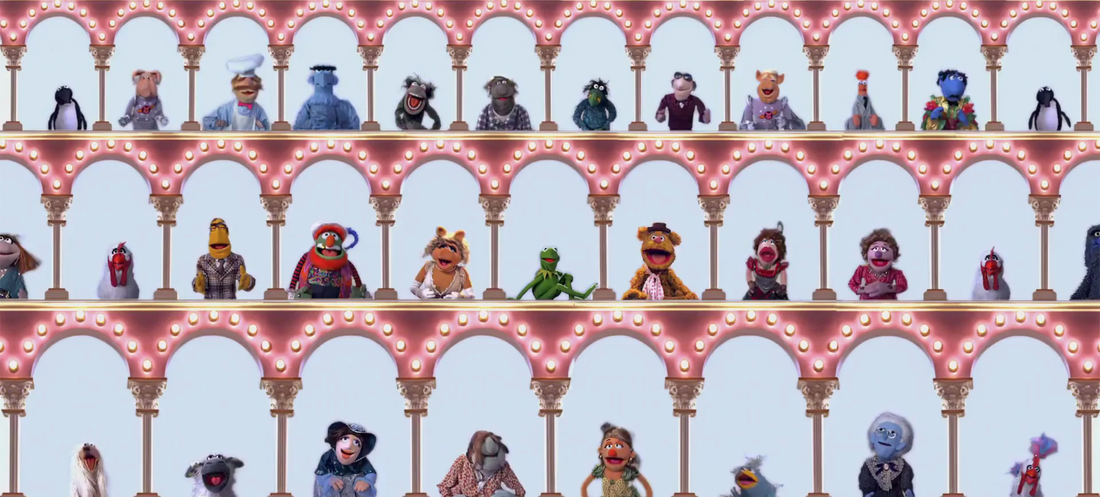
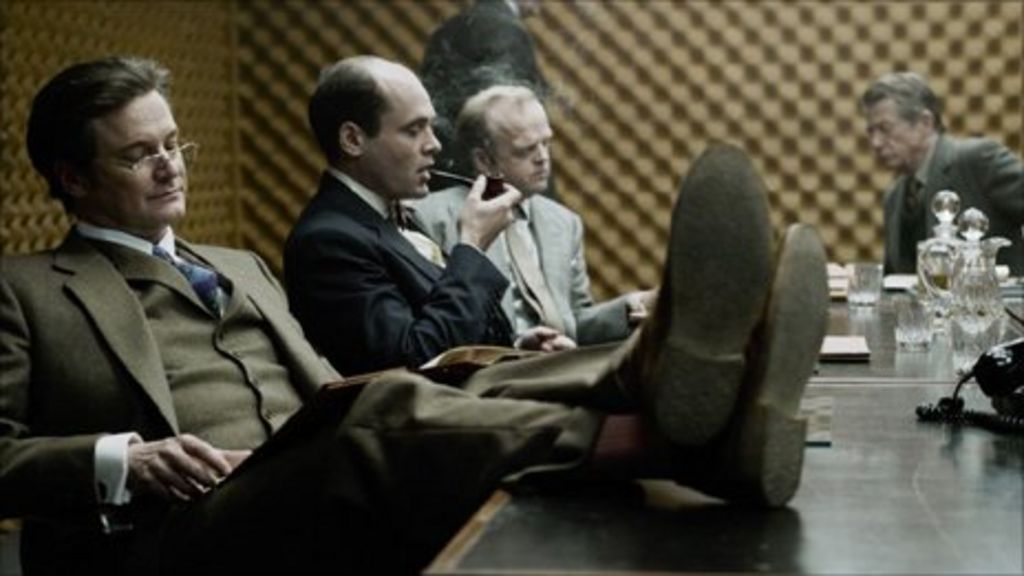
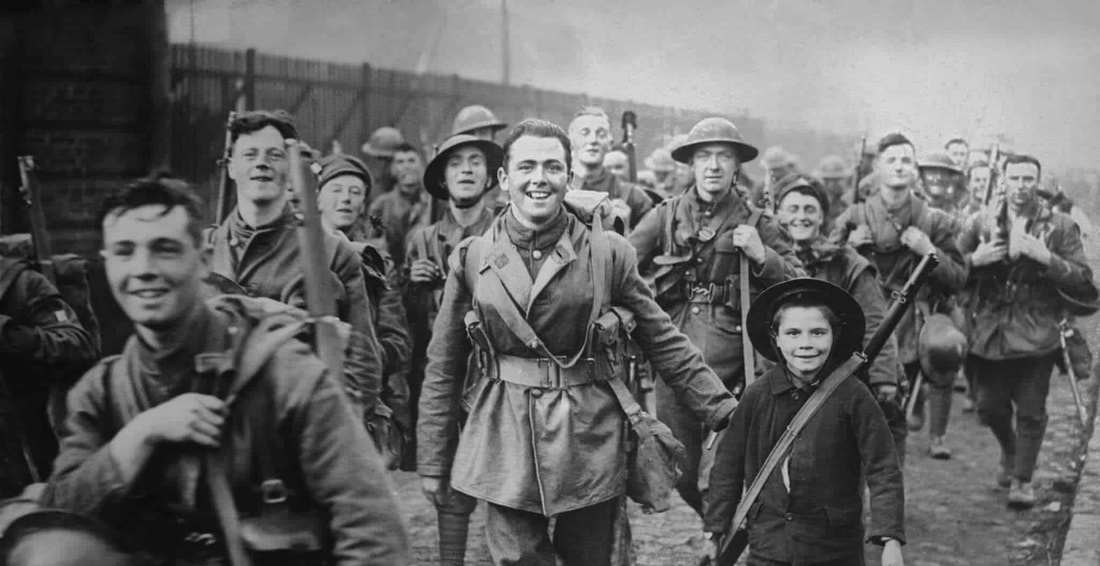
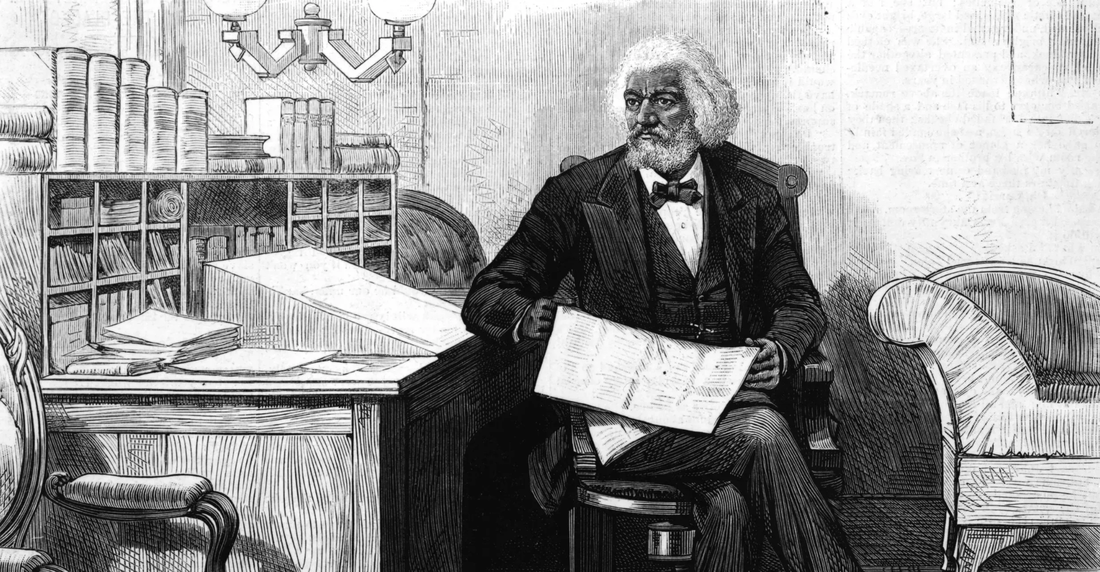
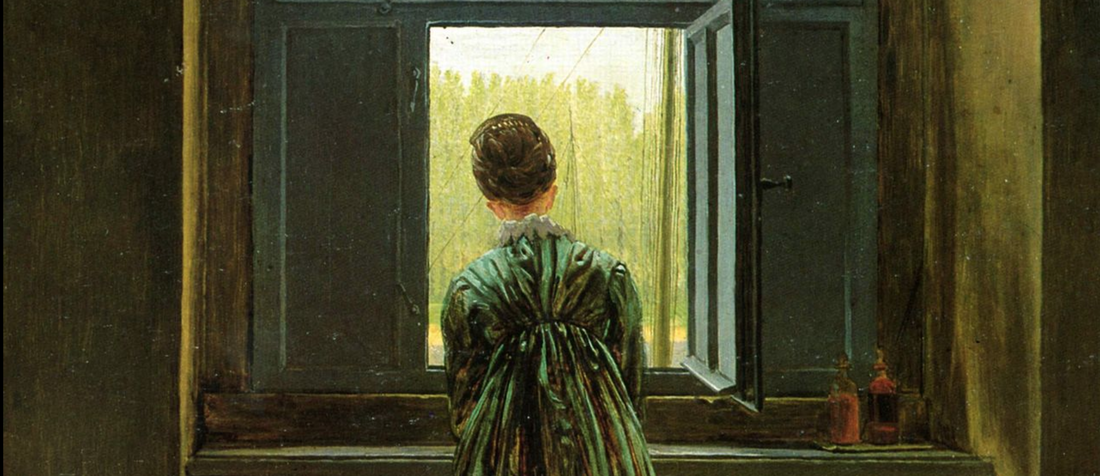
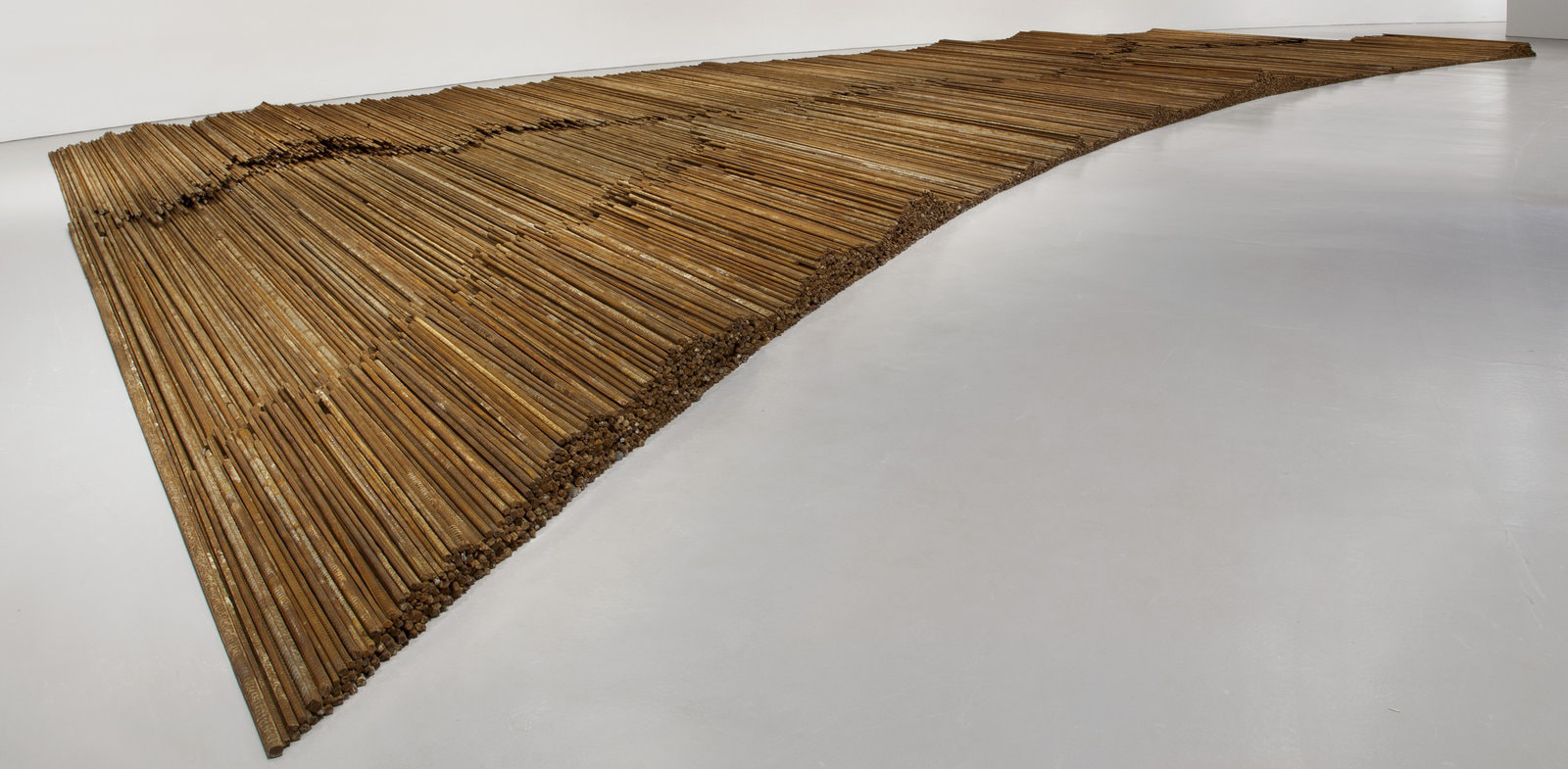
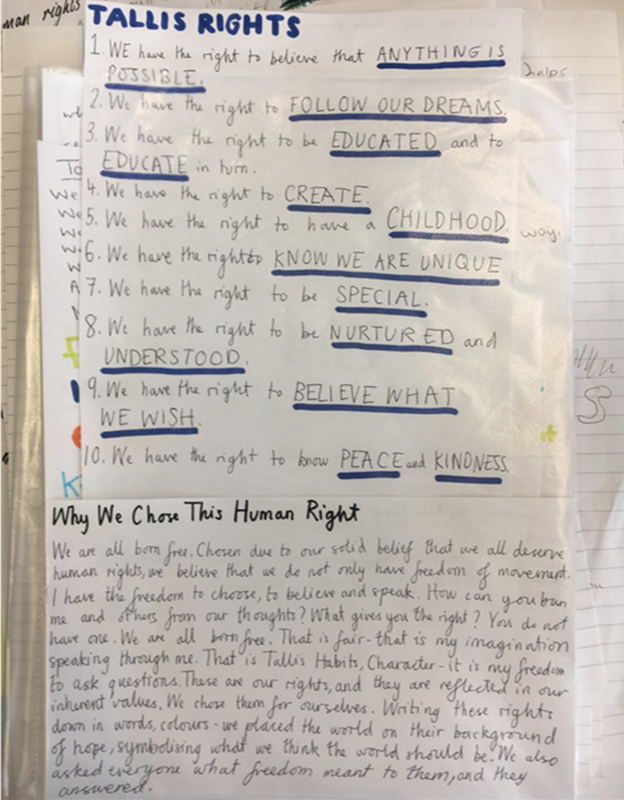
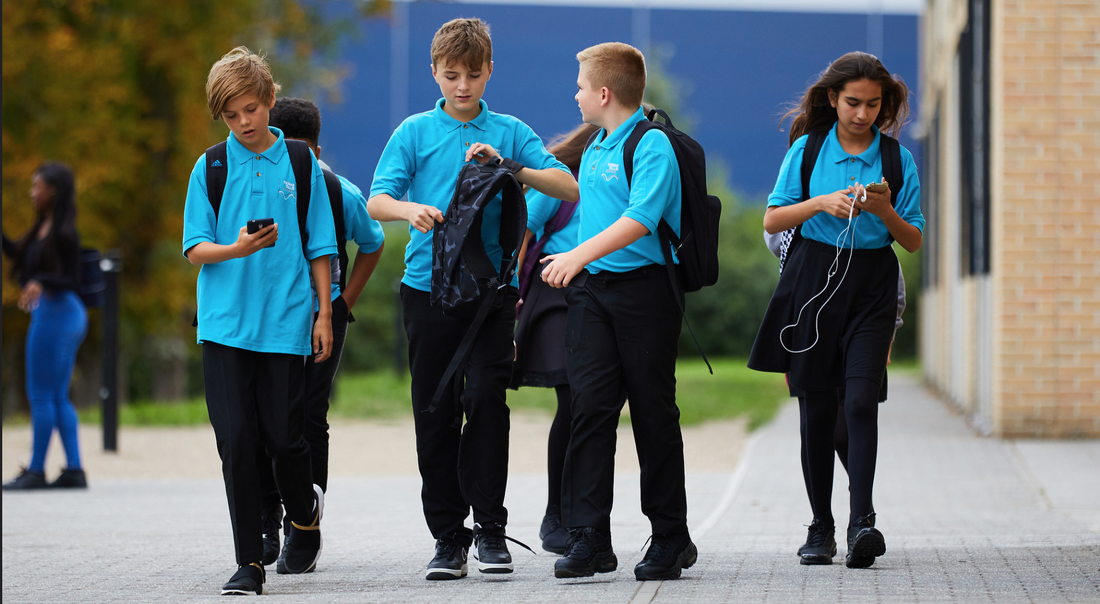
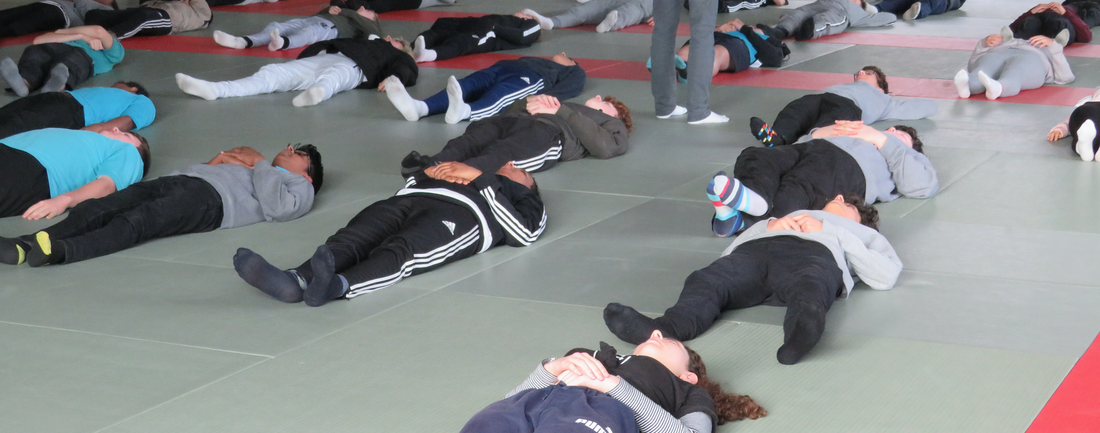
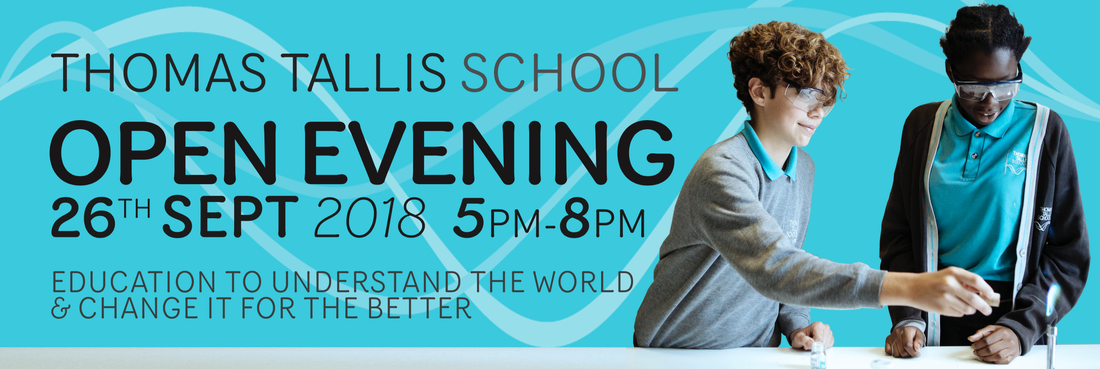
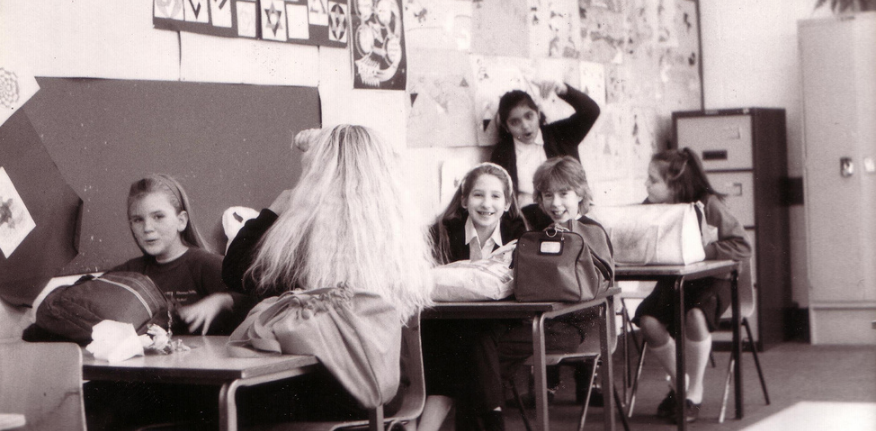
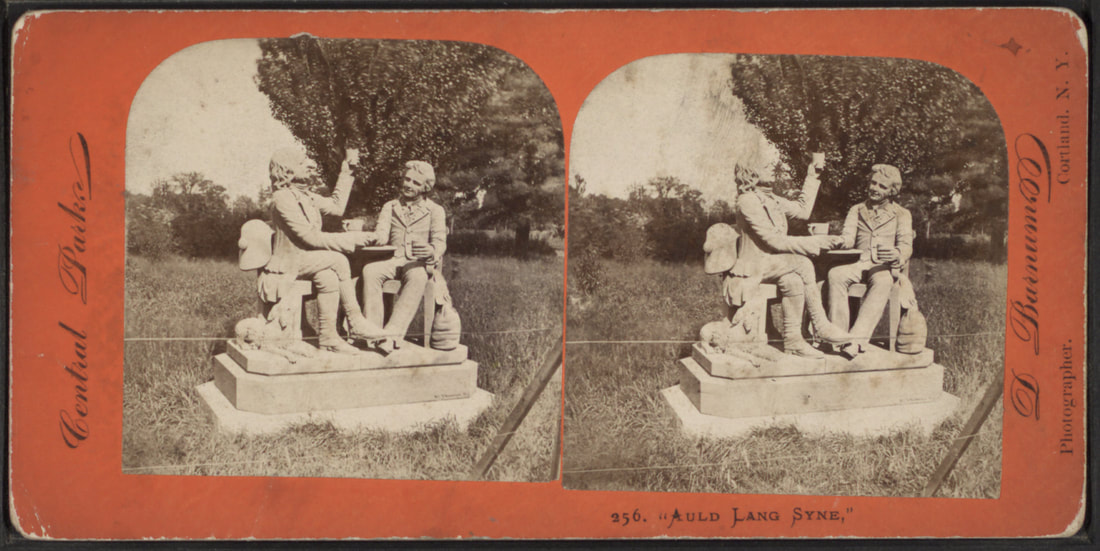
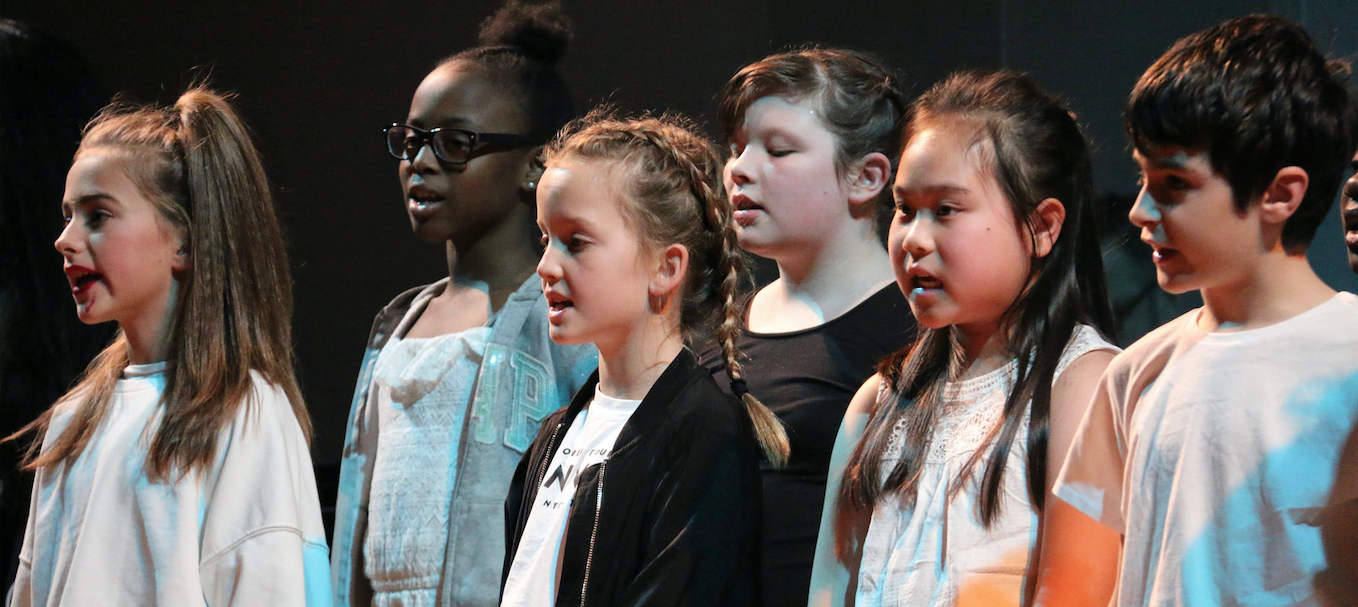
 RSS Feed
RSS Feed